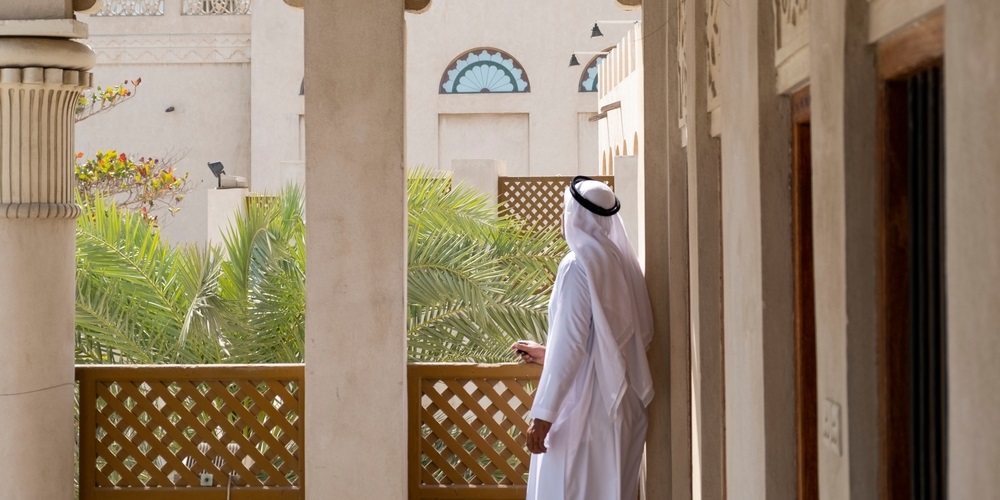As the UAE prepares for 2025, a host of new regulations are set to come into effect, influencing everything from traffic laws and nutrition standards to corporate governance and marriage requirements. Here’s a breakdown of the most important changes and what they mean for residents and citizens.
1. Driving License Eligibility and Stricter Traffic Laws
Starting March 29, UAE residents aged 17 and above will be eligible to apply for driving licenses, lowering the minimum age by one year. New traffic regulations will also enforce quieter streets by banning noisy vehicles and limiting car horn use in urban areas to emergencies only.
Pedestrian safety rules will tighten, prohibiting jaywalking on roads with speed limits over 80 km/h, with violators held liable for any resulting incidents. Severe penalties will target reckless behaviors, such as drunk driving, hit-and-runs, and driving in flood-prone valleys without proper caution. Transporting hazardous materials without a permit will also attract penalties.

2. Nutrition Labels for Healthier Choices
From June 1, Abu Dhabi will mandate a new Nutri-Mark labeling system for baked goods, oils, dairy, children’s food, and beverages. Food items will be graded from A (healthiest) to E (least healthy). Products lacking proper labels or misrepresenting their grades will be pulled from shelves, with fines imposed on violators.
This initiative, aimed at curbing obesity and promoting informed choices, marks the first phase of a broader effort to improve public health. Additional food categories will join the scheme in subsequent phases.

3. Boosting Women’s Leadership in Business
Starting January 1, 2025, private joint-stock companies must allocate at least one board seat to women under new Ministry of Economy directives. This move underscores the UAE’s commitment to enhancing gender diversity and fostering women’s leadership in corporate governance.
4. Mandatory Genetic Testing for Emirati Couples
Premarital genetic testing will become compulsory for all Emirati citizens planning to marry, beginning January 1. This measure, rooted in the UAE Genome Programme, aims to identify hereditary conditions and prevent severe diseases like genetic epilepsy and cystic fibrosis. Previously optional, the test will now join the standard premarital health screening.

5. Expanded Emiratisation Targets for Businesses
Private sector companies with 20 to 49 employees must hire at least two Emirati citizens starting in 2025, expanding the existing Emiratisation policy. Non-compliance will result in financial contributions of AED 96,000 annually, rising to AED 108,000 by 2026. Fraudulent practices to meet quotas could incur fines of up to AED 100,000.
These new rules reflect the UAE’s ongoing efforts to enhance quality of life, foster inclusivity, and ensure sustainable development across all sectors.









